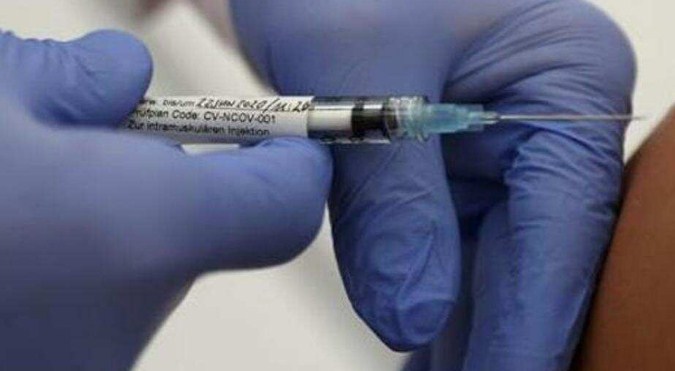Doctors at New Delhi’s All India Institute of Medical Sciences (AIIMS) have warned against overusing drugs such as Remdesivir and Tocilizumab for the treatment of Covid-19 patients in the absence of adequate evidence.
“...metanalysis that has a very small number of patients tend to sway opinion. There is a need to look critically. If you see the robust studies, it raises questions about the utility of these drugs. ...even without antivirals and other experimental drugs patients recovered on their own with supportive treatment. So, there has to be a judicious use and doctors have to consider when not to use these medicines,” said AIIMS director Randeep Guleria at a virtual interactive session of doctors from across the country to discuss trends in Covid-19 treatment.
Doctors cited data and said 300 patients with moderate to severe symptoms were given steroids – the only medicine to have shown benefits in reducing mortality. Only about one-third were given the antiviral drug Remdesivir.
“The medicine was roughly given to one-third of the patients in moderate as well as severe categories. It was given only to those who presented within one week of symptoms and might benefit from it,” said Dr Sujay HS, a resident doctor from the department of medicine, AIIMS.
Dr Manish Soneja, an additional professor from the same department, while presenting the evidence on some of the experimental therapies being used in India, said that randomised control trials did not show benefits of anti-malarial drug Hydroxychloroquine, Remdesivir, or convalescent plasma therapy. Nonetheless, Remdesivir has since received approval from the US Food and Drug Administration.
Dr Soneja said well-designed randomised control trials were needed to prove the efficacy of antiviral medicine Favipiravir and anti-parasitic Ivermectin.
“A laboratory study had shown that Ivermectin reduces the viral load by 5,000 times in 48 hours. However, the doses needed for that is 35 times what is usually prescribed and may be toxic. Whether it is effective at the current dosage, we do not know. We will need randomised control trial to see. As for Tocilizumab, a cohort study has shown 10% lower mortality in ICU [intensive care unit] patients if given within two days of admission. However, two randomised control trials from France and Italy did not show any major benefits,” said Dr Soneja.
The doctors have also reviewed the status of vaccine development. “Currently, there are 193 vaccine candidates across the world in different stages of development. Of these, 42 are in clinical phases [meaning they are being trialed on humans]. Ten vaccines are in the advanced phase III trial needed before approval. And two Russian vaccines have been approved without phase III trial,” said Dr Sanjay Rai, head of the department of community medicine, AIIMS. He is leading a trial on Bharat Biotech’s Covaxin at AIIMS, Delhi.
As per data, 33% of all the vaccines under development are subunit vaccines wherein the viral protein is injected to generate an immune response. This is followed by 12% vaccines using a non-replicating viral vector that uses another virus without its ability to cause disease to deliver the antigen of SARS-CoV-2 that causes Covid-19.
The doctors said Hydroxychloroquine has failed as an experimental treatment since it did not show any impact in three randomised control trials, which are the gold standard for evaluating new therapies. India still recommends the use of the medicine for the treatment of mild Covid-19 patients as well as a prophylaxis to prevent the infection.
Leave a comment
Your email address will not be published. Required fields are marked *


